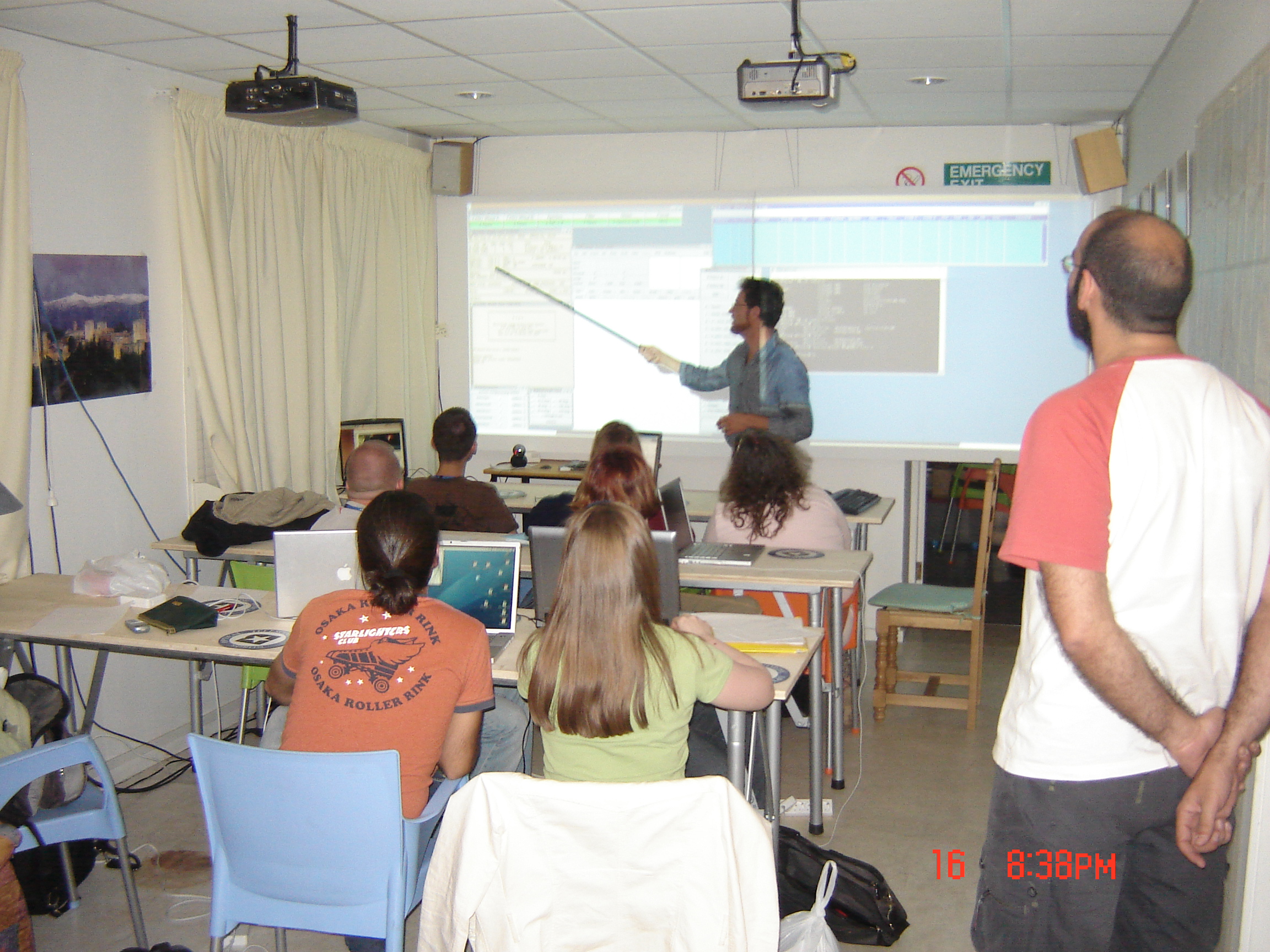To define guidance in clear-cut words is not easy. It has been defined in varied ways: Crow and Crow write, “Guidance is not direction. It is not the imposition of one’s point of view upon another.
It is not making decisions for an individual, which he should make for himself. It is not carrying the burden of another’s life.
ADVERTISEMENTS:
Rather, guidance is assistance made available by competent counsellors to an individual of any age to help him direct his own life, develop his own point of view, make his own decisions, carry his own burdens.”
Hamrin and Erickson define guidance as “that aspect of educational programme which is concerned especially with helping the pupil to become adjusted to his present situation and to pupil to become adjusted to his present situation and to plan his future in line with his interests, abilities, and social needs.”
Guidance is the assistance given to individuals in making intelligent choices and adjustments. It is based on the democratic principle that it is the duty and the right of every individual to choose his own way in life in so far as his choice does not interfere with the rights of others.
The ability to make such choices is not innate but, like other abilities, must be developed. One of the functions of education is to provide opportunities for the development of such abilities.
ADVERTISEMENTS:
Guidance is an integral part of education and is centered directly upon this function. Guidance does not make choices for individuals; it helps them make their own choices in such a way as to promote to stimulate the gradual development of the ability to make decisions independently without assistance from others.
The basic function of guidance is, of course, to help individuals who need or seek assistance in the meeting of problem situations.
The kind and amount of help provided by individuals or groups depend upon their understanding of the guidance concept.

